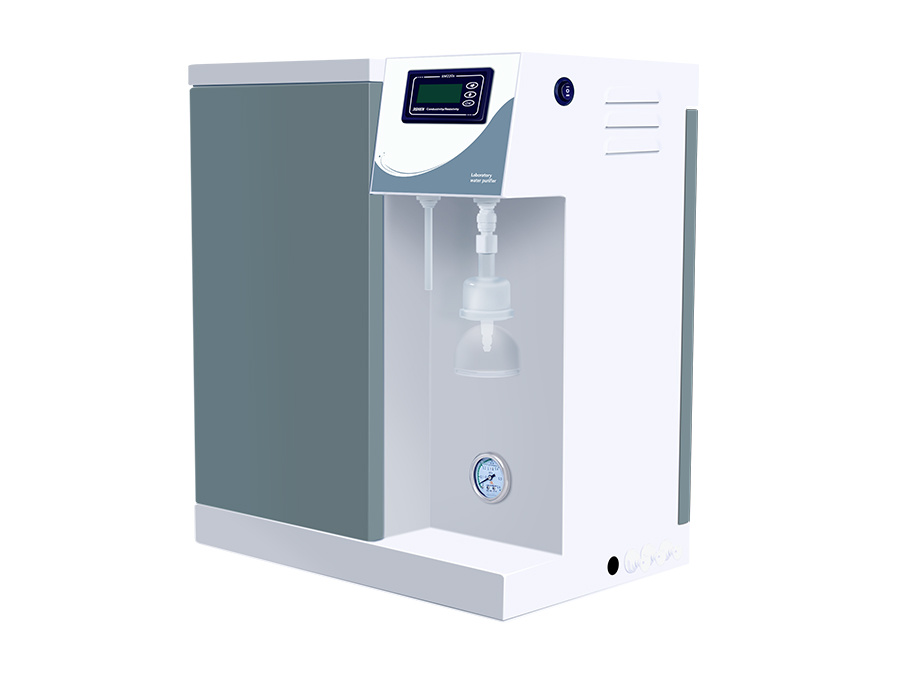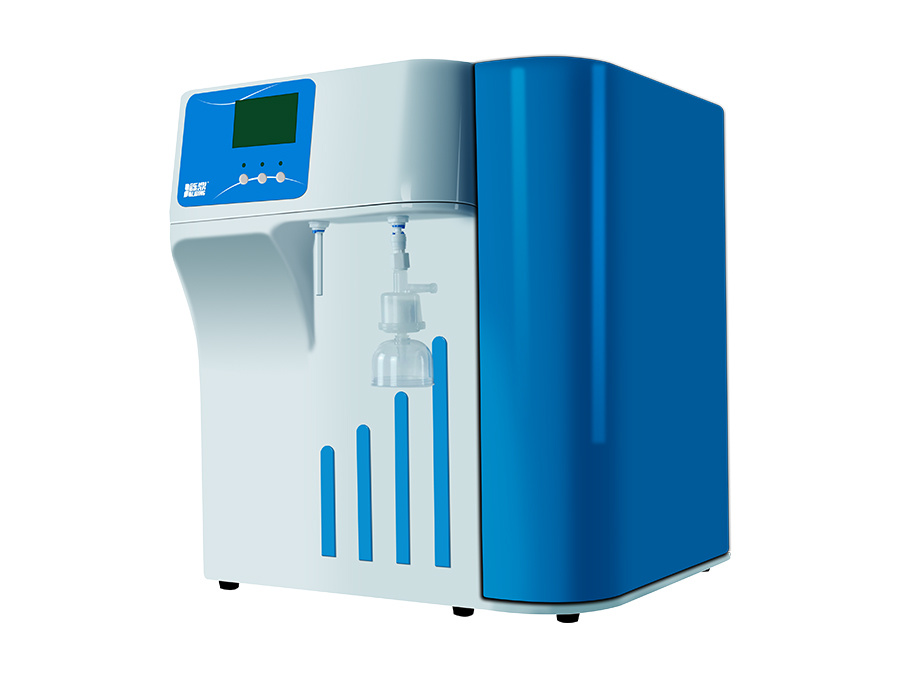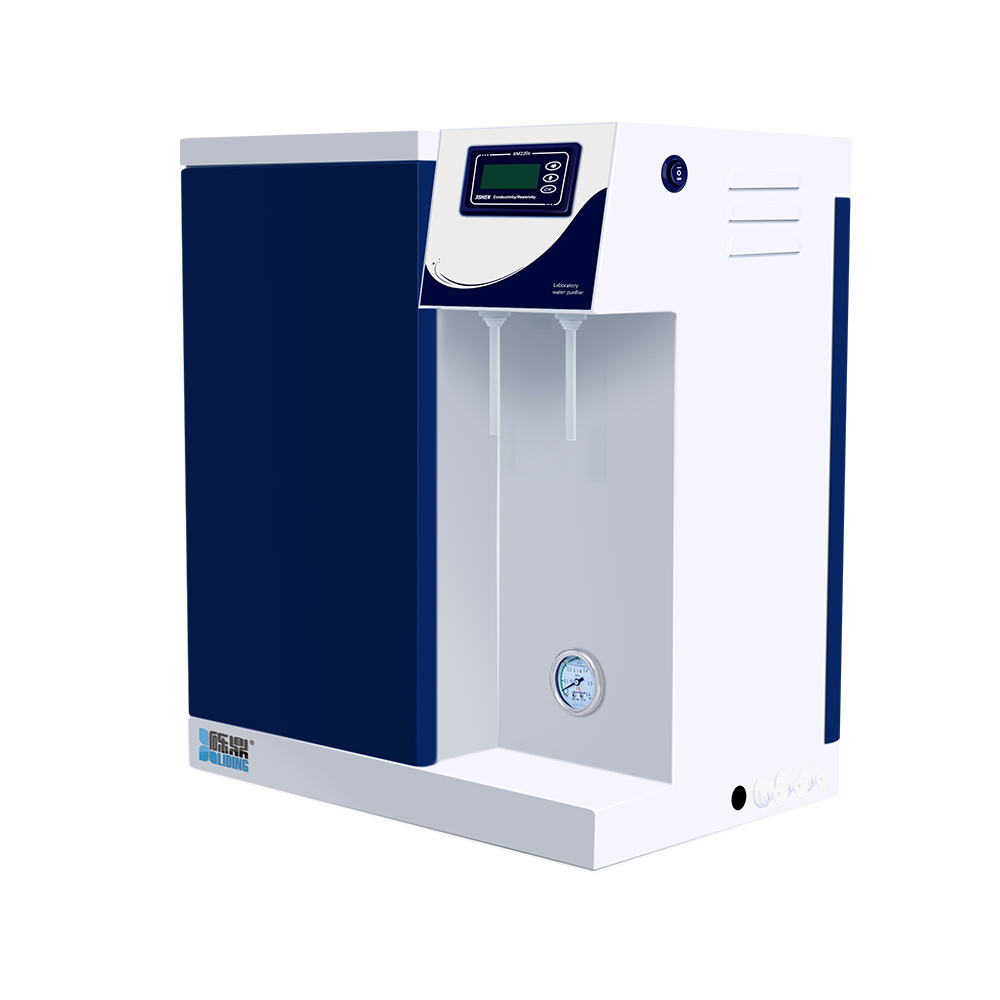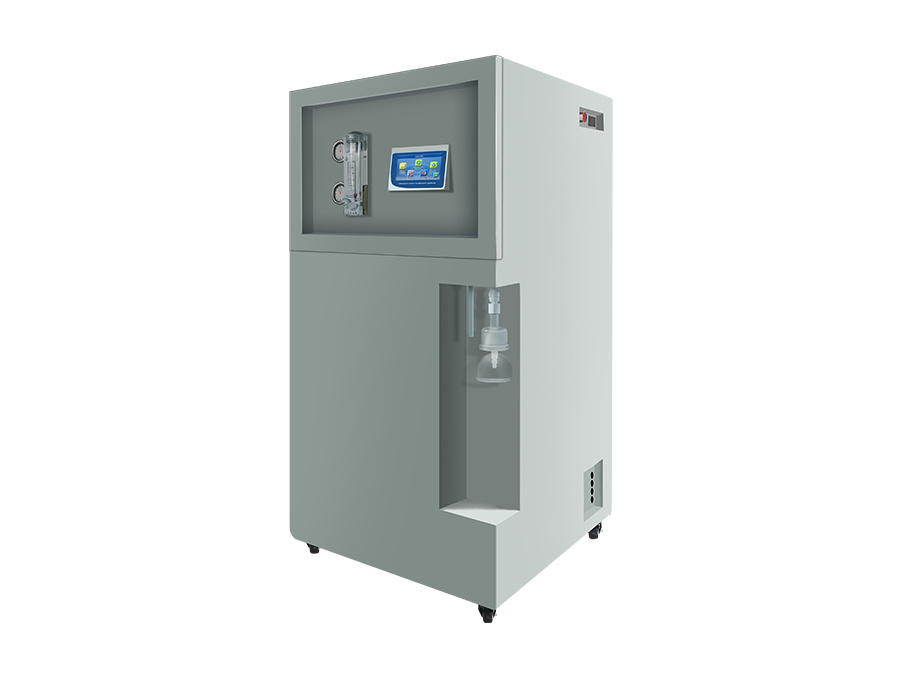The Critical Importance of Ultra Pure Water Equipment in Pharmaceutical Manufacturing
Time:
Jul 07,2025
The Critical Importance of Ultra Pure Water Equipment in Pharmaceutical Manufacturing
Table of Contents
- 1. Introduction to Ultra Pure Water Equipment
- 2. What is Ultra Pure Water?
- 3. Importance of Ultra Pure Water in Pharmaceuticals
- 4. Key Components of Ultra Pure Water Systems
- 5. Applications of Ultra Pure Water in Pharmaceutical Manufacturing
- 6. Regulatory Standards for Ultra Pure Water
- 7. Challenges in Maintaining Ultra Pure Water Quality
- 8. The Future of Ultra Pure Water Equipment in the Pharmaceutical Industry
- 9. Frequently Asked Questions
- 10. Conclusion
1. Introduction to Ultra Pure Water Equipment
In the pharmaceutical industry, the **quality of water** used during the manufacturing processes can significantly influence product safety, efficacy, and compliance with regulatory standards. Ultra pure water (UPW) equipment is essential for producing the highest grade of water, which is critical for various applications such as drug formulation, cleaning, and sterilization. This article explores the **role of ultra pure water equipment** in pharmaceutical manufacturing, highlighting its components, applications, and regulatory implications.
2. What is Ultra Pure Water?
**Ultra pure water** is water that has been treated to remove almost all contaminants and impurities, making it suitable for the most sensitive applications in pharmaceutical manufacturing. Typically, UPW has a **conductivity of less than 0.1 µS/cm**, indicating a very low level of dissolved ions. The purification process may involve multiple stages, including reverse osmosis, deionization, and distillation, ensuring that the water meets stringent quality standards.
3. Importance of Ultra Pure Water in Pharmaceuticals
The significance of ultra pure water in pharmaceuticals cannot be overstated. Here are several reasons why it is crucial:
3.1 Ensuring Product Safety and Efficacy
In pharmaceutical manufacturing, even minute levels of contaminants can compromise product safety and efficacy. Ultra pure water eliminates impurities that can lead to **adverse reactions** in patients, ensuring that the final product is safe for consumption.
3.2 Compliance with Regulatory Standards
Regulatory bodies such as the **FDA** and **EMA** mandate strict guidelines for water quality in pharmaceutical processes. Utilizing ultra pure water equipment helps manufacturers comply with these regulations, avoiding potential legal issues and ensuring that products meet necessary quality standards.
3.3 Enhancing Process Efficiency
Using ultra pure water in manufacturing processes can enhance overall efficiency. By preventing equipment fouling and scaling, manufacturers can reduce downtime and maintenance costs associated with water quality issues.
4. Key Components of Ultra Pure Water Systems
To achieve the high purity levels required for pharmaceutical applications, ultra pure water systems consist of several key components:
4.1 Pre-Treatment Systems
Before water undergoes the main purification process, it often requires pre-treatment to remove larger contaminants. This may include **filtration and sedimentation** to ensure that the water entering the purification system is as free from impurities as possible.
4.2 Reverse Osmosis Units
Reverse osmosis (RO) is a critical step in producing ultra pure water. This process utilizes a semi-permeable membrane to remove dissolved solids and larger molecules from the water, achieving a high level of purity.
4.3 Deionization Systems
Deionization (DI) units further refine the water by removing Ions using ion exchange resins. This process is vital for reaching the required purity levels for pharmaceutical applications.
4.4 Ultraviolet (UV) Disinfection
To ensure microbiological safety, UV disinfection is often employed as the final step in the purification process. This technology effectively eliminates bacteria, viruses, and other pathogens that may be present in the water.
4.5 Storage and Distribution Systems
Once purified, ultra pure water needs to be stored and distributed correctly to maintain its quality. **Sanitary storage tanks and distribution lines** equipped with appropriate monitoring systems are essential to prevent any contamination.
5. Applications of Ultra Pure Water in Pharmaceutical Manufacturing
Ultra pure water finds diverse applications in pharmaceutical manufacturing, including:
5.1 Drug Formulation
Most pharmaceutical formulations require UPW for their preparation. It serves as a solvent, diluent, or excipient, ensuring that the final product is free of contaminants.
5.2 Cleaning and Sterilization
UPW is vital for cleaning and sterilizing equipment used in the production process. It helps eliminate residues from previous batches, preventing cross-contamination and ensuring equipment integrity.
5.3 Laboratory Use
In research and development laboratories, ultra pure water is essential for conducting tests and experiments that require precise measurements. Its purity level significantly impacts the reliability of experimental results.
5.4 Production of Biopharmaceuticals
Biopharmaceutical production, which often involves living cells, requires ultra pure water to ensure that the growth media and solutions used are free from contaminants that could affect cell viability and product quality.
6. Regulatory Standards for Ultra Pure Water
Adherence to regulatory standards is paramount in pharmaceutical manufacturing. The **United States Pharmacopeia (USP)** and **European Pharmacopoeia (EP)** specify detailed requirements for water quality. These regulations stipulate acceptable levels for conductivity, total organic carbon (TOC), and bacterial counts in ultra pure water. Regular monitoring and documentation are essential to demonstrate compliance.
7. Challenges in Maintaining Ultra Pure Water Quality
While ultra pure water systems are designed to produce high-quality water, several challenges can arise:
7.1 Contamination Risks
Even with advanced purification techniques, contamination risks still exist. Factors such as human error, equipment malfunction, and improper maintenance can introduce impurities into the system.
7.2 Monitoring and Maintenance Requirements
Maintaining the quality of ultra pure water requires rigorous monitoring and maintenance protocols. This can be resource-intensive and necessitates continuous staff training and investment in technology.
8. The Future of Ultra Pure Water Equipment in the Pharmaceutical Industry
As the pharmaceutical industry evolves, the demand for ultra pure water is expected to increase. Innovations in purification technologies, such as **integrated monitoring systems** and **smart water management**, are likely to enhance efficiency and reliability. Moreover, the rise of personalized medicine and biopharmaceuticals will further drive the need for ultra pure water as manufacturing processes become more complex.
9. Frequently Asked Questions
9.1 What is the difference between pure water and ultra pure water?
Ultra pure water has much lower levels of contaminants compared to pure water. It is treated to remove dissolved solids, bacteria, and organic matter, achieving a high level of purity suitable for pharmaceutical applications.
9.2 How often should ultra pure water systems be maintained?
Regular maintenance is critical, typically every 6 to 12 months, depending on usage and regulatory requirements. Continuous monitoring systems can help identify issues early, preventing significant problems.
9.3 Can ultra pure water be recycled?
Yes, ultra pure water can be recycled through advanced purification systems, helping to reduce waste and lower operational costs.
9.4 What are the indicators of ultra pure water quality?
Key indicators include conductivity, total organic carbon (TOC), and bacterial counts. Maintaining these parameters within specified limits is essential for compliance and product quality.
9.5 How does ultra pure water impact production costs?
While the initial investment in ultra pure water systems can be high, the long-term benefits include improved efficiency, reduced contamination risks, and compliance with regulatory standards, ultimately leading to cost savings.
10. Conclusion
The role of ultra pure water equipment in pharmaceutical manufacturing is indispensable. From ensuring product safety and compliance with regulatory standards to enhancing process efficiency, ultra pure water systems are a cornerstone of modern pharmaceutical production. As the industry continues to evolve, the importance of maintaining high water quality will remain crucial. Investing in advanced ultra pure water systems not only safeguards product integrity but also fortifies the reputation of pharmaceutical companies in an increasingly competitive market.
RELATED NEWS








